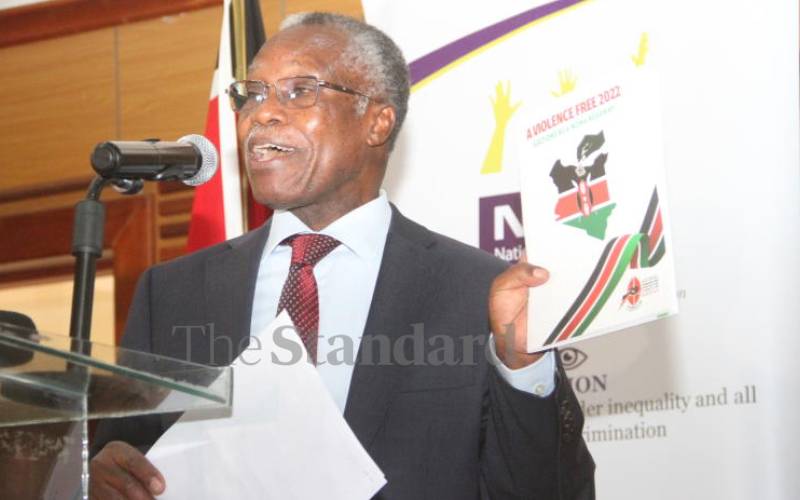×
The Standard e-Paper
Home To Bold Columnists

In less than three months millions of Kenyans will go to the polls to vote for their preferred representatives in the General Election.
Like previous election run-ups, this year’s is providing the same challenges that past elections have posed to organisers. A rise in intolerance, hate speech, outlandish claims and bizarre accusations characterise the race for the political seats.